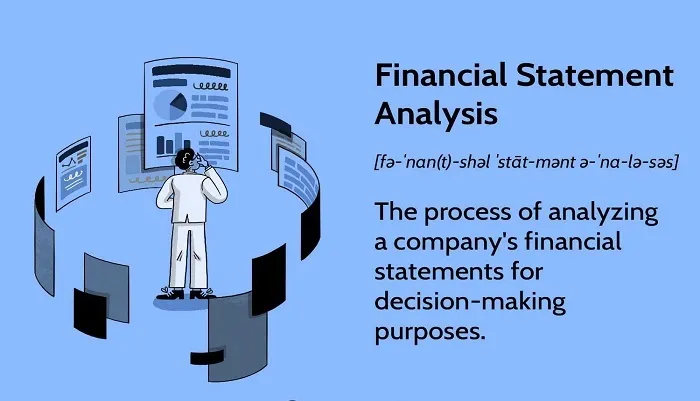Have you ever wondered why some service businesses seem to win customer loyalty effortlessly while others struggle to be noticed? What makes clients trust one provider over another when they cannot see or touch the service beforehand? These questions lie at the heart of service marketing—a field that goes beyond simple promotion to focus on building trust, demonstrating value, and creating meaningful relationships with customers. Understanding and mastering service marketing can make the difference between fleeting interest and long-term loyalty. Professionals can use an AI presentation maker to illustrate customer-centric approaches and value propositions that drive trust in service marketing.
The Intangibility Challenge
One of the main reasons service marketing is so crucial is intangibility. Customers cannot see, touch, or try a service before they purchase it, which naturally leads to hesitation and skepticism. Unlike a product that can be displayed, sampled, or tested, services rely on promises, past performance, and reputation. Effective service marketing bridges this gap by communicating clear benefits, showcasing expertise, and highlighting customer experiences. Marketing strategies such as testimonials, case studies, and service guarantees help transform the intangible into something customers can trust.
Building Trust Through Relationships
Trust is the cornerstone of service marketing. Because customers cannot physically examine a service beforehand, their decisions often depend on the perceived reliability and credibility of the provider. Consistent communication, transparency in pricing, and responsive customer support are all vital tools for building trust. Loyalty programs, follow-ups, and personalized experiences further reinforce the customer’s confidence in the brand. Creative agencies like Kovly Studio exemplify this approach by integrating transparency and client-focused solutions into every project, showing that trust is built through both action and communication. By investing in these relationship-building practices, companies can turn first-time buyers into loyal clients, which is particularly important in service industries where repeat business often forms the majority of revenue.
Creating Perceived Value
Services compete not just on price but on perceived value. Effective service marketing demonstrates why a particular service is worth the cost, emphasizing quality, expertise, and the outcomes clients can expect. For instance, a consulting firm can highlight successful projects, a spa can promote relaxation and health benefits, and a tech support service can showcase rapid issue resolution. Perceived value goes beyond functional benefits—it includes emotional, social, and psychological rewards that customers associate with the service. Marketing must convey these multifaceted benefits to differentiate the brand from competitors.
Managing Customer Expectations
Clear communication is another critical aspect of service marketing. Because services are produced and consumed simultaneously, managing customer expectations is essential to satisfaction. Marketing messages must accurately reflect what the service delivers to prevent misunderstandings or disappointment. A well-crafted marketing campaign sets realistic expectations, outlines the process, and highlights the outcomes customers can anticipate. This honesty not only reduces complaints but also strengthens the reputation of the business as reliable and customer-focused.
Leveraging Technology in Service Marketing
Technology has transformed service marketing, making it easier to reach potential customers and engage them meaningfully. Social media, email campaigns, online reviews, and mobile apps allow businesses to interact directly with clients and respond to their needs in real time. Technology also enables the collection of data on customer preferences and behavior, allowing for personalized marketing efforts that enhance perceived value and build stronger relationships. Service businesses that leverage technology effectively can demonstrate transparency, responsiveness, and reliability, all of which contribute to trust.
Differentiation in a Competitive Market
In crowded service industries, differentiation is key. Companies must highlight what makes their service unique and why customers should choose them over competitors. Branding, storytelling, and consistent service quality help create a distinct identity in the marketplace. For example, a boutique hotel may focus on personalized guest experiences, while a digital marketing agency emphasizes innovative strategies and measurable results. By positioning themselves as experts and demonstrating tangible benefits, service providers can command higher loyalty and reduce the likelihood of customer churn.
Conclusion
Service marketing is not just about promoting a service—it’s about building trust, creating value, and fostering lasting relationships. Its importance lies in addressing the inherent challenges of intangibility, establishing credibility, and differentiating the brand in a competitive landscape. Companies that excel in service marketing do more than attract customers—they cultivate loyalty, enhance reputation, and drive sustainable growth. In a world where experiences often matter as much as products, mastering service marketing is essential for any business aiming to leave a lasting impression.







